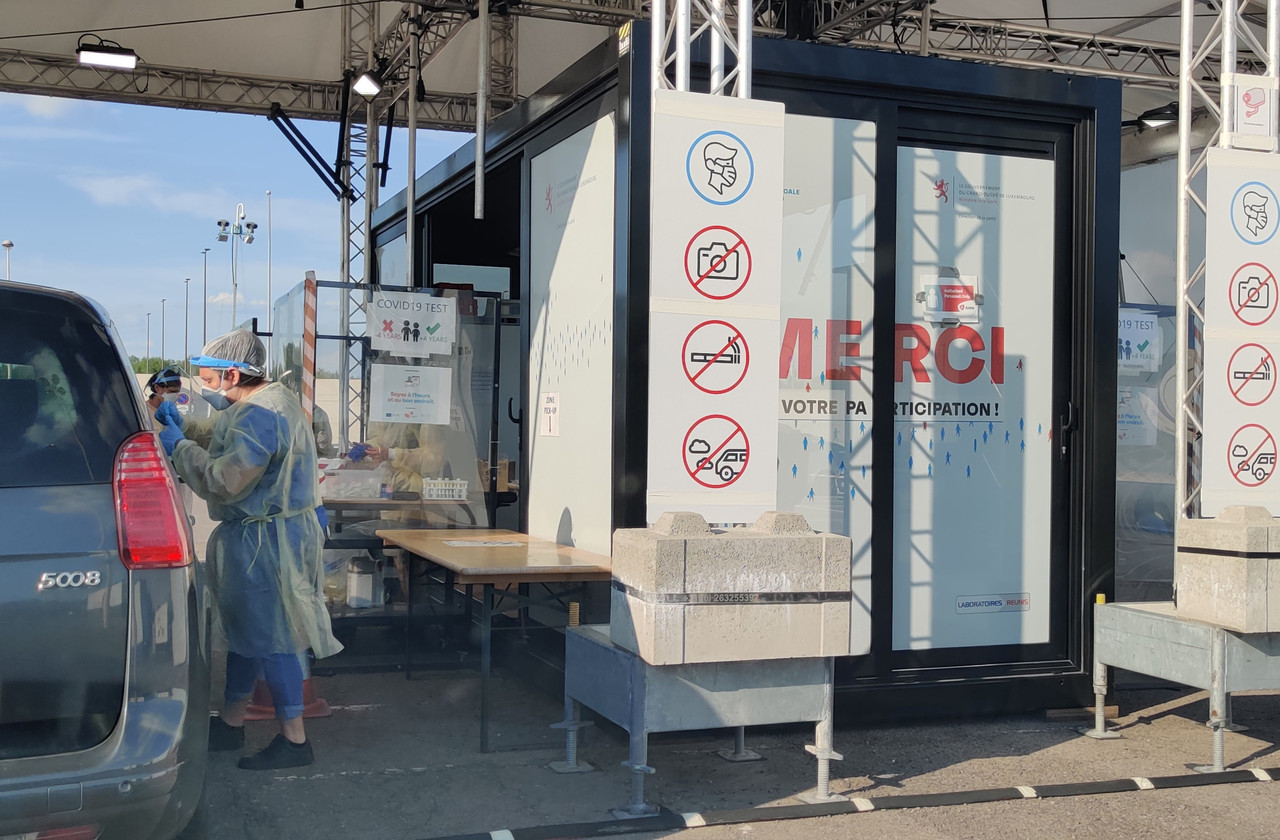Laboratoires Réunis was chosen as the large-scale testing partner in a public call for tender last year. It was the only candidate using FastTrack Diagnostic kits mandated by the government. Laboratories using other providers had complained about unfair treatment at the time.
A committee managing public tenders agreed to changes made to the large-scale testing (LST) scheme in June, the health ministry said in response to a published on Monday, speaking of “an adaptation” of the system, in line with the original specifications.
With the introduction of the CovidCheck system, large-scale testing became available on-demand rather than requiring an invitation. This aimed at allowing people who did not yet have the possibility to get vaccinated to get tested free of charge for CovidCheck travel, events or venues.
But the director of Bionext laboratories threatened legal action over the move, saying it created an unfair advantage for Laboratoires Réunis.
The change in strategy for large-scale testing no longer matched the contract initially awarded, Jean-Luc Dourson said. He instead proposed that people should be issued vouchers to get tested at a laboratory of their choice, funded by the government.
“The distribution of the vouchers would have generated delivery costs, which is not the case for the system based on the LST where a registration by MyGuichet applies,” health minister Paulette Lenert (LSAP) said in defence.
“In addition, the price of a PCR test carried out under the aegis of the LST has a lower cost than a PCR test carried out by a medical analysis laboratory. The measure is therefore also part of a responsible and efficient management of public fund,” she said.
The first phase of large-scale testing, from May to July 2020, cost €39.5m, while the second phase, from mid-September 2020 to mid-January 2021, cost €60.7m. The third phase, currently ongoing, could cost up to €64.2m.
Lawmakers in May mandated Luxembourg’s Court of Auditors to carry out a review of spending on the initiative. The Court of Auditors is a financial watchdog, which parliament can call on to review how the government is spending taxpayers money.
Dourson threatened legal action should a review of the contracts confirm the violation of tender rules.
